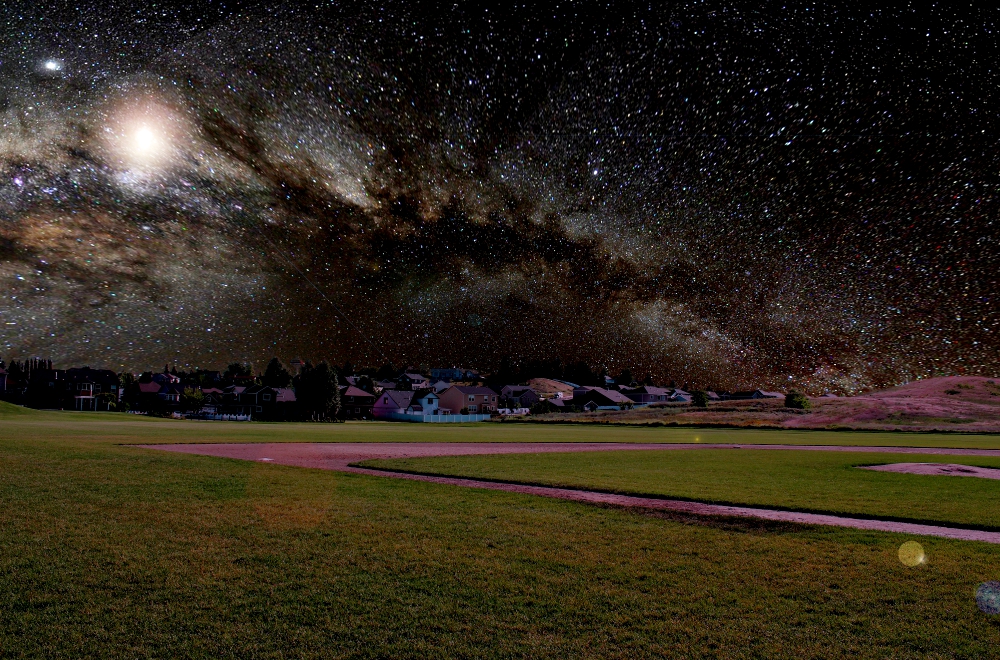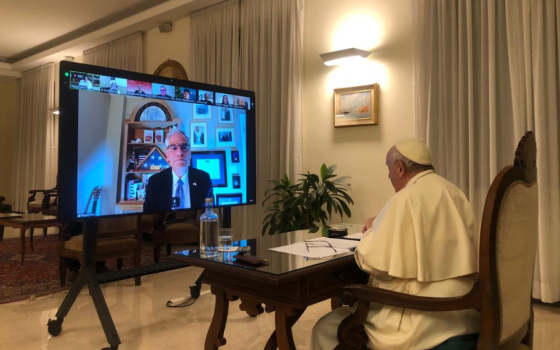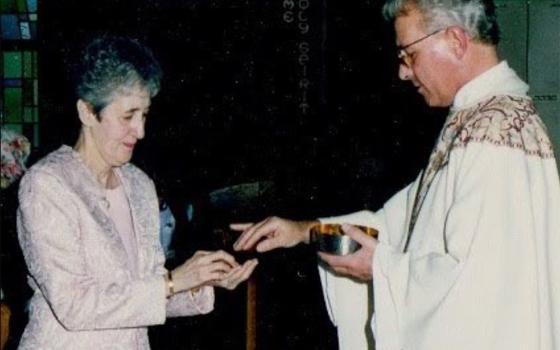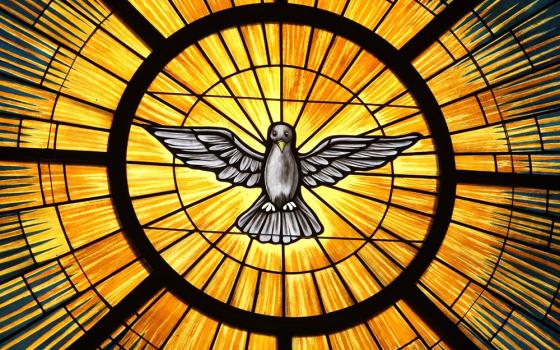
(Unsplash/Frantzou Fleurine)
Editor's note: This is the inaugural essay in our newest column series, Theology en la Plaza. This series will feature four public theologians writing from distinctly Latin@ perspectives on matters impacting church and society.
Baseball follows the rhythms of its own liturgical calendar. There is Spring Training, like Advent, a time of anticipation and preparation; ordinary time with its grinding 162 daily game schedule; occasional feast days like Jackie Robinson Day, Roberto Clemente Day and Opening Day. Opening Day in Major League Baseball (MLB) carries such ritual significance that, in 2014, Budweiser beer and Hall of Fame ball player Ozzie Smith sponsored a quixotic online petition campaign to get it added to the list of national holidays. The language of the petition resembles that of the promise of Easter:
MLB Opening Day is more than just the beginning of the season. It's a symbol of rebirth. The coming of spring. The return of America's national pastime. It's a state of mind where anything is possible … It's a day of celebration. It's a day of hope … Join us in our quest to make sure every American can exercise their inalienable right to celebrate the day those two magical words are uttered for the first time: "PLAY BALL!"
Connections between Easter and baseball are certainly not new. In 1911, baseball's primary evangelist, Albert Goodwill Spalding, a Chicago purveyor of sporting goods and former ballplayer, reminded readers in his book America's National Game "that the ecclesiastics of the early Church adopted this symbol (ball-tossing) and gave it a very special significance by meeting in the churches on Easter Day, and throwing up a ball from hand to hand, to typify the Resurrection." Though it is questionable whether this activity was a precursor of baseball, games of all sorts were a part of medieval festival celebrations.
This year the season began on March 29, Holy Thursday, the earliest start in MLB history, and the first time in fifty years that all the teams played on the same Opening Day. In 1968, the season openers were postponed in the aftermath of the assassination of the Rev. Martin Luther King Jr., on the evening of Thursday, April 4. Scheduled to begin the following Monday and Tuesday, pressure from athletes to respect King and his funeral led to a Wednesday, April 10, common Opening Day.
Among the more vocal ballplayers were the Pittsburgh Pirates, who at that time were the team with the most blacks and Latinos on their roster. They pressed management to honor King and issued a joint statement in the name of black, white and Latino teammates, pointing to the universal significance of King for his efforts on behalf of racial justice and the poor. The players were willing to risk forfeiting games if their request was not granted. This unprecedented moratorium in memory of King crossed all professional sports. Hockey and basketball playoff games were postponed, and even programs at horse racing tracks were cancelled.
From the World War II through the attacks of September 11, 2001, professional sports were typically perceived as a means of distraction that could help sustain people through troubling times. Instead of being curtailed, as it had been in 1918, President Franklin Roosevelt preferred that baseball should continue throughout the second world war as a "recreational asset."
After a brief suspension in September 2001, baseball was restored as a means of healing a grieving nation, a depiction of unity signaling that terrorism could not ultimately disrupt business as usual in the USA. Following the King funeral, and in light of protests and rioting in cities, especially those with MLB teams, the resumption of baseball was often interpreted as a return to the comfort of the ordinary and the normal.
The challenge to the status quo expressed by these interruptions to daily life got lost in a rush to return to the comfort of the ordinary. King's death was a symptom of a destructive "normal," of an unjust ordinary. For several days in 1968, daily rhythms were intentionally interrupted, by ballplayers and protestors, as a response to a tragedy rooted in deeper systemic dysfunctions of a nation grappling with its sins of racism and gun violence.
In this case, the primary protagonists were ballplayers themselves. From the Pirates, the leaders included some well-known stars like the Puerto Rican Roberto Clemente and others more recognizable to their local fan bases, like African-American Donn Clendenon. Reflecting back on the experience a year later, Clemente recalled his response as a black player to whether games should be postponed: "If you have to ask Negro players, then we do not have a great country."
Advertisement
Disrupting the destructive normal is the divine action celebrated at Easter. As Belgian theologian Edward Schillebeeckx claimed, in the Resurrection is found God's amen to the person and life's work of Jesus, an affirmation of divine solidarity with the people, especially those who suffer most under the reign of the destructive normal. The Resurrection insured that the unwarranted execution of a politically disposable and expendable itinerant teacher would not be the end anticipated by the powerful. The reign of a just God is an ongoing disruption to complacency with a normative daily reality that is not life-giving.
Sometimes interruptions to daily rhythms are necessary to call out that business as usual needs to change. Across the country students are challenging a quotidian normal that assumes gun violence is to be expected in school. A popular non-violent response they have deployed is a walkout. The next national action of this type is scheduled for April 20, the 19th anniversary of the shooting at Columbine High School.
The ongoing efforts by young people in response to tragedy and to their daily reality cannot be easily dismissed or controlled by words or actions that look towards a return to routine, to a destructive normal. Sometimes interruptions are necessary indicators that the status quo is unstable and unsustainable. Sometimes the best response is not to play ball.
[Carmen M. Nanko-Fernández is professor of Hispanic theology and ministry, and director of the Hispanic Theology and Ministry Program at Catholic Theological Union (CTU) in Chicago. The author of Theologizing en Espanglish (Orbis), she is currently completing ¿El Santo?: Baseball and the Canonization of Roberto Clemente (Mercer University Press).]







